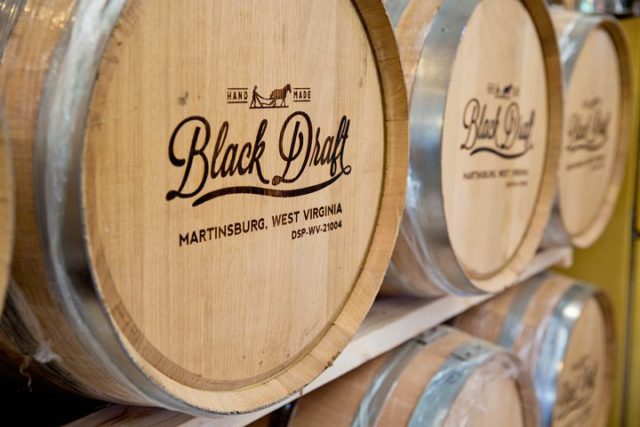

to assist him with expanding his business,” said Daniel Diaz, Allentown’s business development manager. “We’re working with Russell and our partners at Allentown Economic Development Corp. Meanwhile, Fletcher and business-development officials in the city are trying to find a larger, suitable space for his production. “It’s an economic issue he’s exactly right,” Zeller said of Fletcher, whom he has not met or counseled. For example, Zeller said, the LCB, which controls pricing and all aspects of alcohol except manufacturing, generally adds about a 35% cost onto a sale through the Pennsylvania Proud program, steering many smaller distillers to sell direct. “It’s something that there is not a significant representation of alcohol manufacturing by race,” he said.īeyond that, Zeller, who heads Norris McLaughlin law firm’s liquor law practice, also agrees with Fletcher on the need for more opportunity for smaller distillers.

However, if the LCB sells the same product in its stores, the price for bars must not be lower than the LCB’s.Īllentown attorney Ted Zeller, who has extensive experience in liquor law licensing, sees racial disparity in the industry. He also said those licensed as limited distillers, like Fletcher, can sell their spirits to bars and restaurants. Kelly said the limits are necessary because of the number of Pennsylvania distillers and the limitations of shelf space. Locally, state liquor stores in Easton, Quakertown and Center Valley in Upper Saucon Township carry Mishka vodka. Under the program, called Pennsylvania Proud, distillers are can provide up to 10 products to 10 stores, he said. Kelly said the LCB offers a program dedicated to Pennsylvania distillers, of which there are 129 active ones with limited production, meaning they produce up to 100,000 gallons per year. “What we are doing with PLCB is looking for more space when it comes to inclusion, only because the route to get to success is not really clear,” Fletcher said. “Right now, we’re attempting to press the PLCB, the Pennsylvania liquor board, because they’re the largest government body that controls the alcohol space.”Īsked to elaborate, Fletcher said without “sufficient guidance” from the LCB, smaller distillers like his - not just minority-owned ones - are prevented from selling more product in state-run stores statewide. “I have a duty, I have a job to do,” he said.
#Black owned distilleries tv
In a recent interview on digital cable TV network Revolt, Fletcher laid out that complaint, and more, when it concerned the LCB. “The way we win is by getting people to try our product.” “How are we able to support our business model, which is ‘liquid to lips’?” he asked. “I don’t want to name anybody, because it’s still such as finicky industry within itself,” he said.īut more recently, Fletcher said, the issue has become getting his product to more consumers, to allow small distillers such as him to be better served by the LCB. Then, he was used to hearing how a Black-owned company’s merchandise is not “a cut above the rest,” he said.
#Black owned distilleries license
People, he said, used to question his product, or whether he even had a license to make and sell it. To Fletcher, the issue of increasing sales is more a matter of economics than discrimination. “When we get license applications, we don’t look at demographics,” LCB spokesperson Shawn Kelly said. Others in the industry, including the Pennsylvania Liquor Control Board, could not confirm or refute his claim.


He said he owns the oldest master distiller’s license by a Black person in the state and U.S. Mishka Premium Vodka on North Gilmore Street in Allentown is a distillery locally owned and founded by Russell Fletcher II.įletcher, who grew up in the New York metropolitan area, moved to the Lehigh Valley and filed corporation papers in 2008 with the state as This Life Forever.


 0 kommentar(er)
0 kommentar(er)
